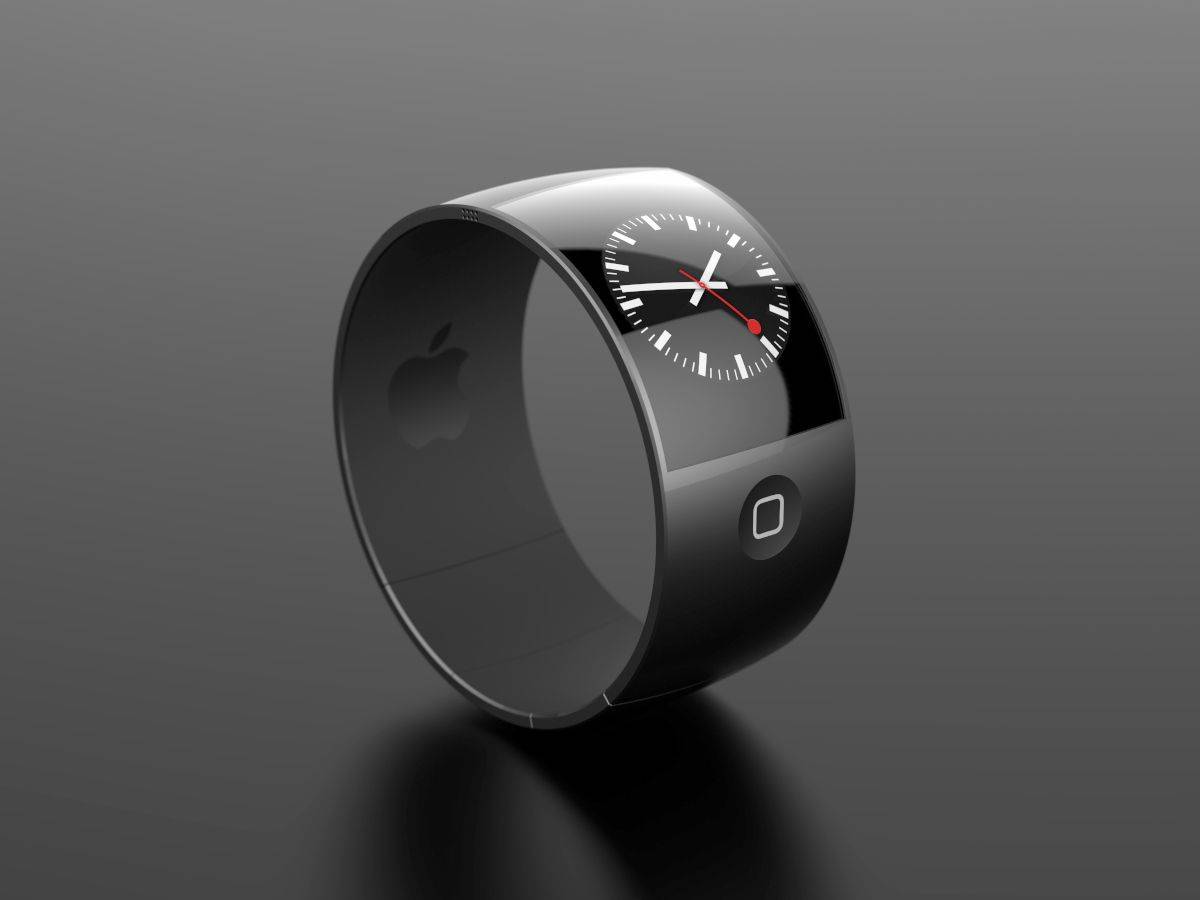Apple’s much-anticipated iWatch could use solar power and wireless charging technology to prolong battery life and make juicing up as painless as possible, according to sources familiar with the company’s plans who have been speaking to The New York Times.
One of the biggest challenges Apple faces in perfecting its smartwatch is ensuring it offers enough power to get us through the day. Its goal, according to earlier reports, is to provide at least four to five days of use before a charge is needed, but that’s no easy feat for a device that must be small enough to wear on your wrist.
A January report claimed that Apple’s battery-life woes are the reason we’re still yet to see the iWatch, which was widely expected to make its debut in late 2013. But The Times reports that the Cupertino company is investigating a number of ways to solve this problem.
“For its wristwatch, Apple has been testing a method to charge the battery wirelessly with magnetic induction, according to a person briefed on the product.” This technology is already working for lots of Android-powered smartphones, as well as some Windows Phone devices from Nokia, but Apple has been less than keen on it in the past.
Back in 2012, Phil Schiller, Apple’s senior vice president of product marketing, told AllThingsD that wireless charging wasn’t always an ideal solution. “Having to create another device you have to plug into the wall is actually, for most situations, more complicated,” he said, referring to the wireless charging pads or stations required to transfer power to mobile devices.
Apple could also integrate solar-charging technology into the iWatch, The Times reports, which could top up battery life during the day and prolong usage times between charges. “The watch is expected to have a curved glass screen, and one idea is to add a solar-charging layer to that screen, which would give power to the device in daylight.”
Battery-life issues have plagued pretty much every smartwatch we’ve seen to date. Sony’s SmartWatch 2 claims to be one of the best, offering three to four days with “normal” usage, while Samsung’s $299 Galaxy Gear lasts just a day or two before it needs to be plugged in again, according to reviews.
Apple obviously wants its own smartwatch to beat everything else in this category, and it’s working hard to make that happen. In recent years, the company has added several power technology experts to its ranks from companies like Tesla and Toyota. It also acquired Passif Semiconductor, a startup that specialized in low-energy communication chips, last year.
Source: The New York Times


